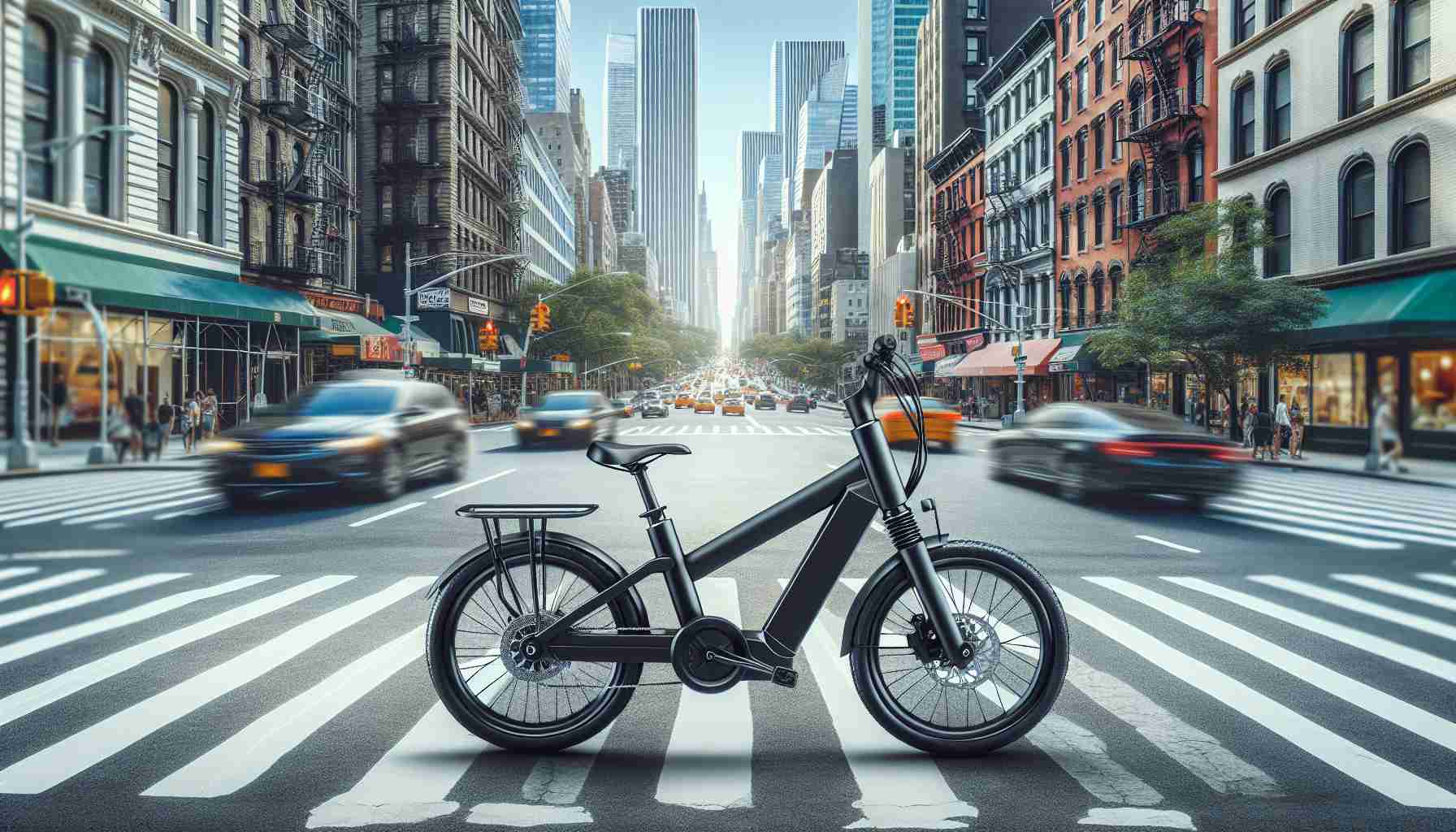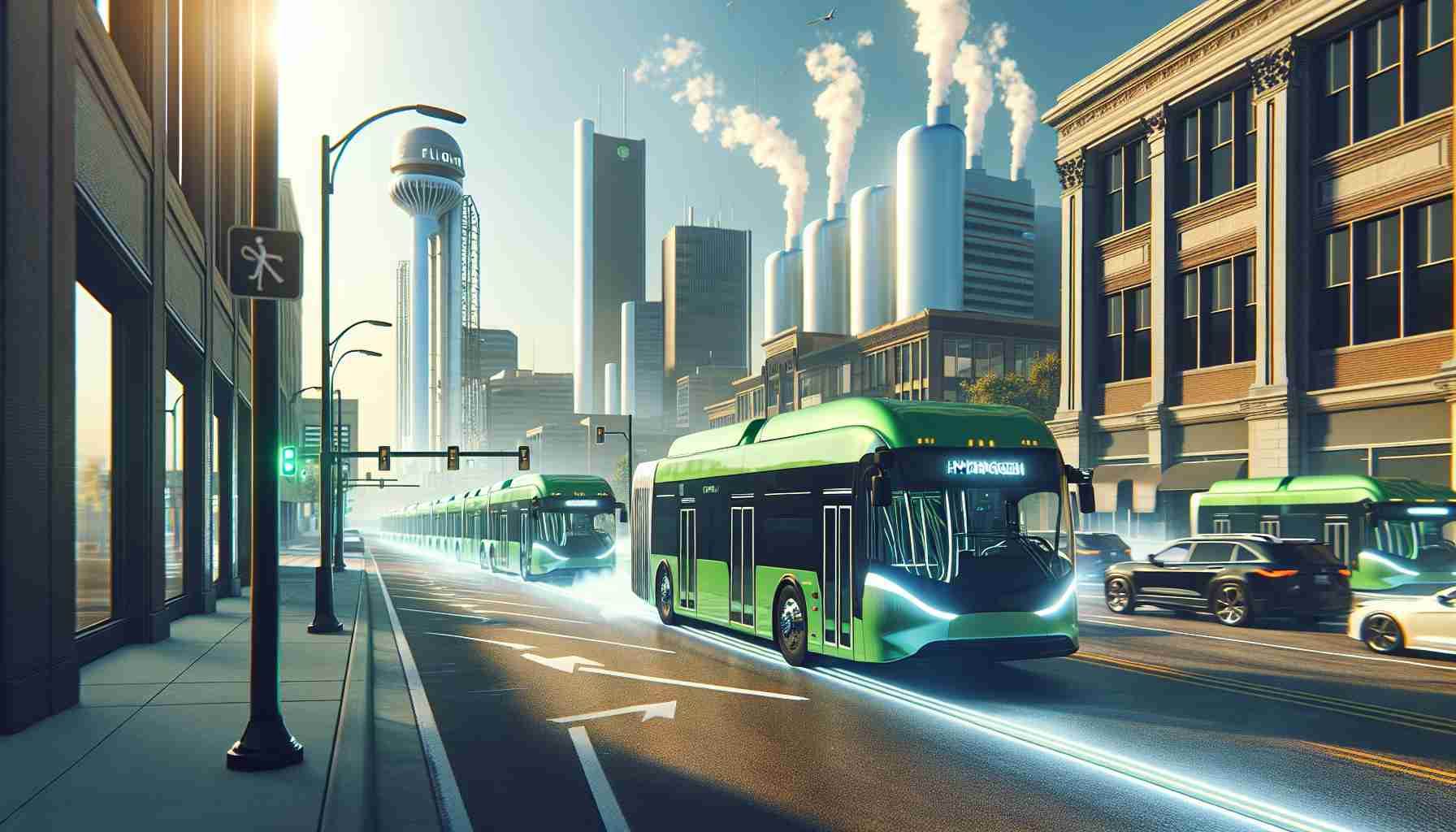E-bikes have been a topic of much debate in New York City lately. Pedestrians have claimed that these electric-powered bicycles are turning the streets into a nightmare. But is this really the case?
While some pedestrians may have had negative experiences with e-bikes, it is important to consider the bigger picture. E-bikes offer a more environmentally friendly and efficient mode of transportation. They help reduce traffic congestion and air pollution in a city notorious for its gridlock.
It is true that there have been incidents where e-bike riders have acted recklessly and endangered pedestrians. However, it is unfair to generalize the actions of a few riders to the entire e-bike community. There are responsible riders who abide by traffic laws and prioritize the safety of others.
Instead of demonizing e-bikes, perhaps it is time to focus on promoting safer riding practices. This can be achieved through educational campaigns, increased enforcement of traffic laws, and the implementation of dedicated bike lanes to separate e-bikes from pedestrian spaces.
It is crucial to find a balance that allows e-bikes to coexist with pedestrians and other road users harmoniously. Implementing stricter regulations or outright banning e-bikes would only hinder the progress of sustainable transportation options in the city.
In conclusion, while there may be valid concerns regarding the behavior of some e-bike riders, it is essential to consider the positive impact that e-bikes can have on New York City’s streets. With proper education and enforcement of regulations, it is possible to mitigate the issues raised by pedestrians and create a safer, more efficient transportation environment for all.
The e-bike industry has been witnessing significant growth in recent years, driven by the rising demand for sustainable transportation options. According to a market research report by Grand View Research, the global e-bike market is expected to reach $38.6 billion by 2025, growing at a CAGR of 9.2% from 2019 to 2025. This growth is attributed to factors such as increasing traffic congestion, rising fuel prices, and growing environmental awareness.
In New York City specifically, the e-bike market has seen a surge in popularity. The city’s dense population and limited parking options make e-bikes an attractive alternative to traditional cars. The implementation of bike-sharing programs and the availability of electric retrofit kits for traditional bicycles have contributed to the growing adoption of e-bikes in the city.
However, the increased presence of e-bikes on the streets has raised concerns about safety and the potential for accidents. Pedestrians have reported instances of reckless riding and near-misses with e-bikes, leading to calls for stricter regulations and even bans on e-bikes in certain areas.
To address these concerns, city authorities have been working on improving infrastructure and implementing measures to enhance safety. The Department of Transportation has been expanding bike lane networks and creating separated paths for e-bikes to reduce conflicts with pedestrians. Additionally, there have been efforts to educate riders on safe riding practices and enforce traffic laws to prevent accidents.
Despite these efforts, there are ongoing debates about the appropriate regulations for e-bikes. Some argue for a maximum speed limit for e-bikes, while others suggest requiring licenses or registrations for riders. Balancing the need for safety with promoting sustainable transportation options remains a challenge for policymakers.
Overall, the e-bike industry has the potential to revolutionize urban transportation by offering a greener, more efficient mode of travel. However, addressing concerns about safety and ensuring the coexistence of e-bikes with pedestrians and other road users requires a collaborative effort from both riders and policymakers. Through continued education, enforcement, and infrastructure improvements, it is possible to create a harmonious environment where e-bikes and pedestrians can share the streets.






















